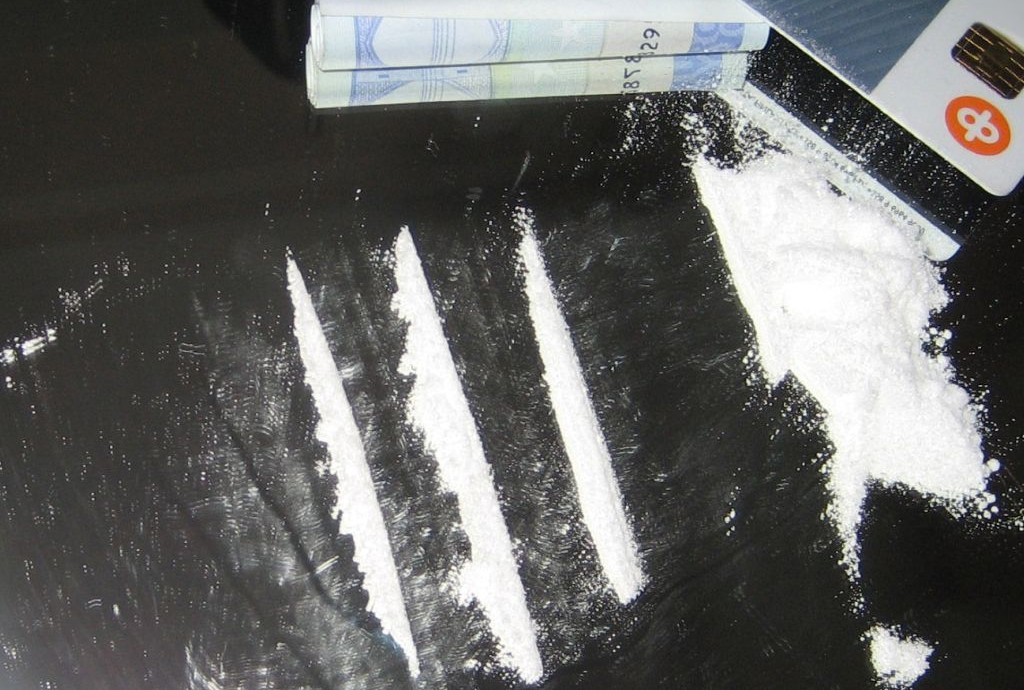In brief
- Advocates for tikanga’s inclusion into the judicial system see its flexibility as a strength, while critics see it as a weakness.
- Legal experts acknowledge that tikanga’s flexibility can be exploited.
- Some, like NZ First’s Shane Jones, argue that judges should not be involved in interpreting Māori spiritual concepts.
Variances within tikanga make it contentious
As outlined in Part 1, tikanga is a general term to describe correct or appropriate behaviours within Māori society across a range of areas from the legal to the religious. While principles are mostly agreed upon, its practices vary greatly among Māori groups and over time.
This fluidity has ignited a contentious debate over tikanga’s integration into New Zealand’s judicial system. Advocates and critics clash over concerns regarding judicial activism and the traditional rule of law.
Depending who you ask, tikanga’s dynamism may be a strength or a weakness
Advocates embrace its dynamism as judges are discouraged from seeking a fixed form of tikanga when considering its application. Dr David Williams, in a revision of a draft paper, He Aha Te Tikanga Māori, by Justice Joseph Williams prepared for the Law Commission in 1998, says:
“Aspects of tikanga may be subject to a particular interpretation according to certain circumstances but then reinterpreted in the light of other circumstances.”
He makes the point that the “formal or centralised paradigm” calling for law to be written down in order to be recognised are mainly limited to western societies and rooted in the codification of Roman law.
Yet, even he notes this flexibility and fluidity of tikanga in relation to the law, touted as a strength, may be its weakness:
“Part of the problem today is that judges, through no fault of their own, are being called upon to assess the mores of a society still largely foreign to them. This leaves scope for those who would seek to profit from the situation with dubious but compellingly presented evidence to pull the wool over the judges’ eyes.”
In other words, an unscrupulous claimant may lead an unwitting judge to believe tikanga is anything the claimant says it is in the pursuit of personal gain. But, of course, no one would do that (not).
NZ First’s MP Shane Jones points out, judges have “no business” passing judgement on the extent, character, and form of Māori spiritual concepts. “They shouldn’t even be in the law,” he says.
“The Supreme Court is making stuff up as they go…”
In an interview with Sean Plunket on The Platform, former ACT list MP, lawyer Stephen Franks said the Supreme Court has “suddenly” announced that tikanga is part of New Zealand law, “and always has been.”
But according to Franks, “We don’t even know what it is” even though the Court has determined it is the “original law of New Zealand.”
Franks is likely referring to the case of Smith v Fonterra, where Māori rights and environmental activist Mike Smith has been given the go-ahead by the Supreme Court to pursue a lawsuit against seven companies.
Tikanga Māori is integral to Mike Smith’s claim. He argues that under tikanga, breaches of these obligations result in a hara (issue or cause), which requires utu (compensatory action) to restore ea (harmony or balance).
The ruling states that the court cannot avoid engaging with tikanga Māori principles in its assessment of the case.
“To call it law when it’s not written; when it’s not ascertainable; you can’t know it in advance; you only find out after the act…is ludicrous,” said Franks.
Franks suggests that without the conventional rule of law, there will be, in its place, an imperial and activist judiciary. It then becomes the duty of Parliament to “smack them on the nose.”
Correction Notice
We previously described the Law Commission as a governmental law advisory group. This was incorrect. The Law Commission is an independent Crown entity that advises the government on law reform.
Additionally, we misattributed the paper “He Aha Te Tikanga Māori” and the opinions within it to the Law Commission. The paper was actually written by Dr. David Williams, in a revision of a draft by Justice Joseph Williams, prepared for the Law Commission in 1998.
We apologise for any confusion this may have caused and have made the necessary corrections to ensure the accuracy of our content.



















